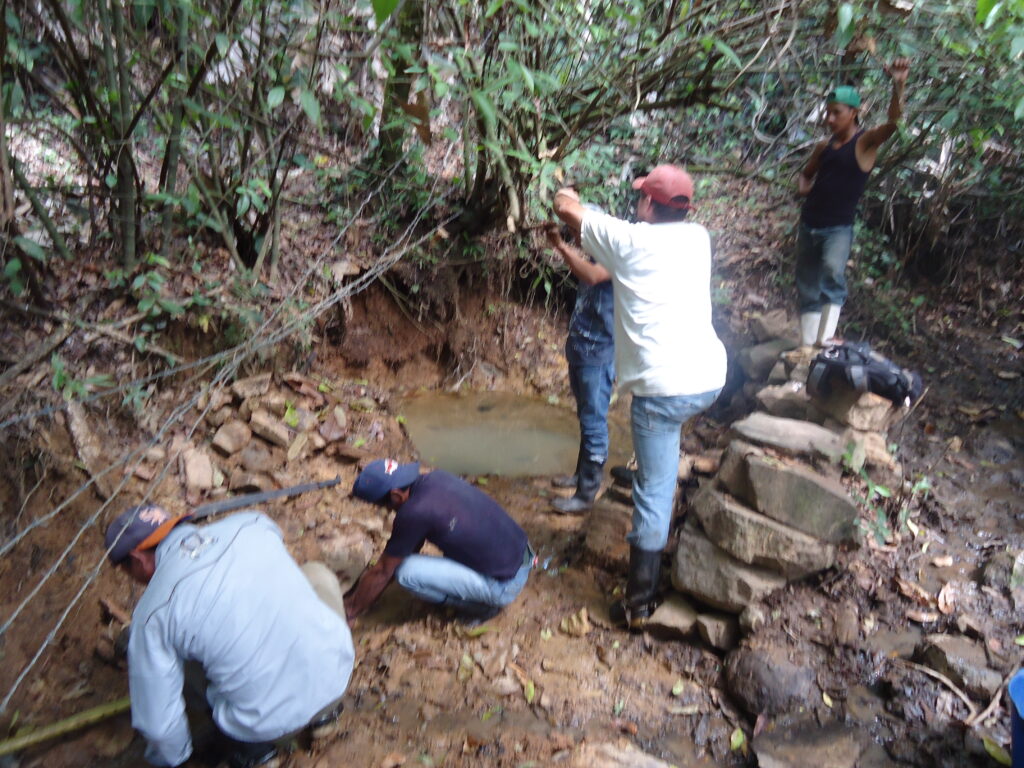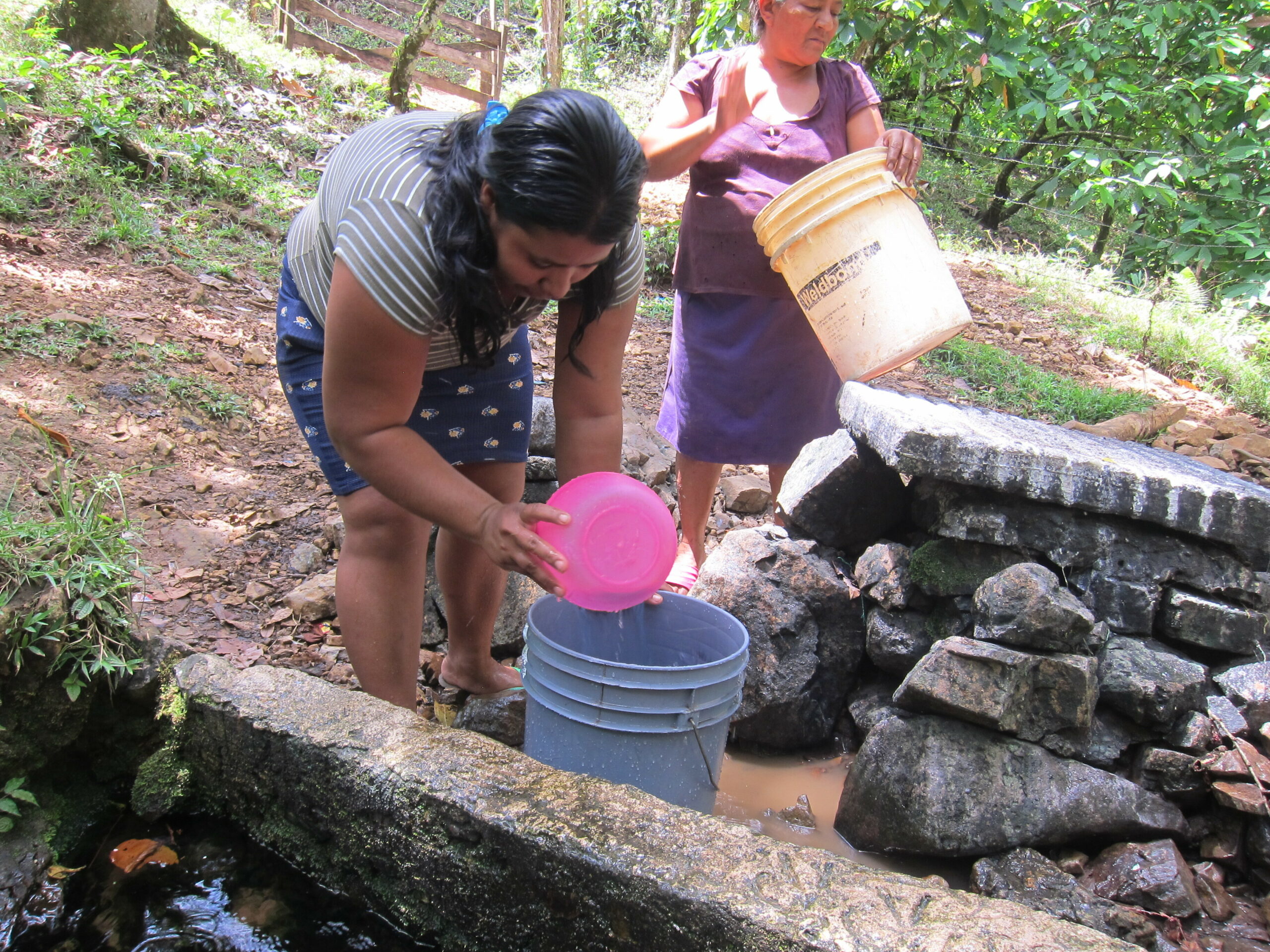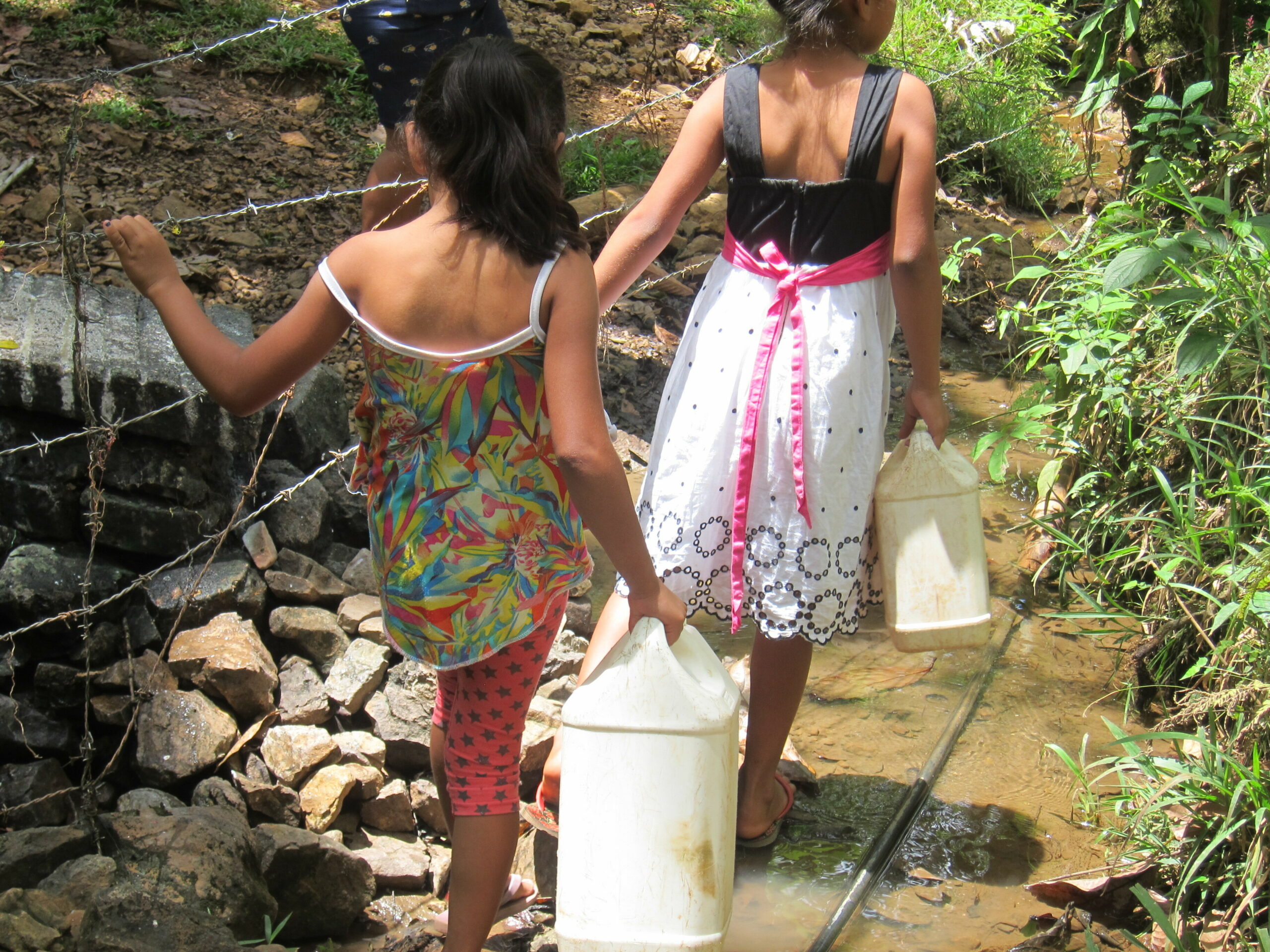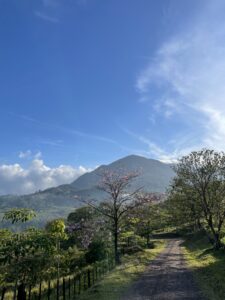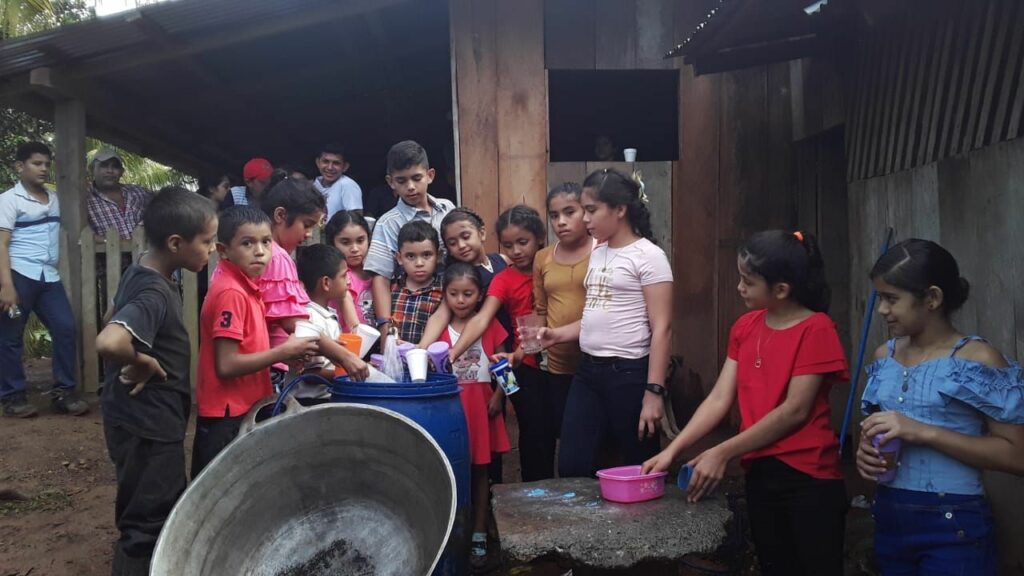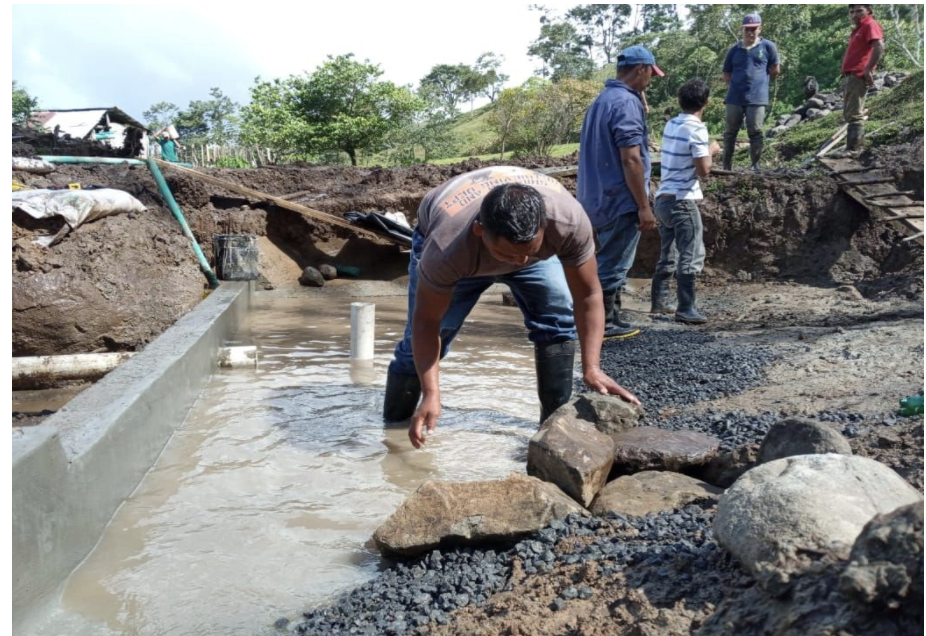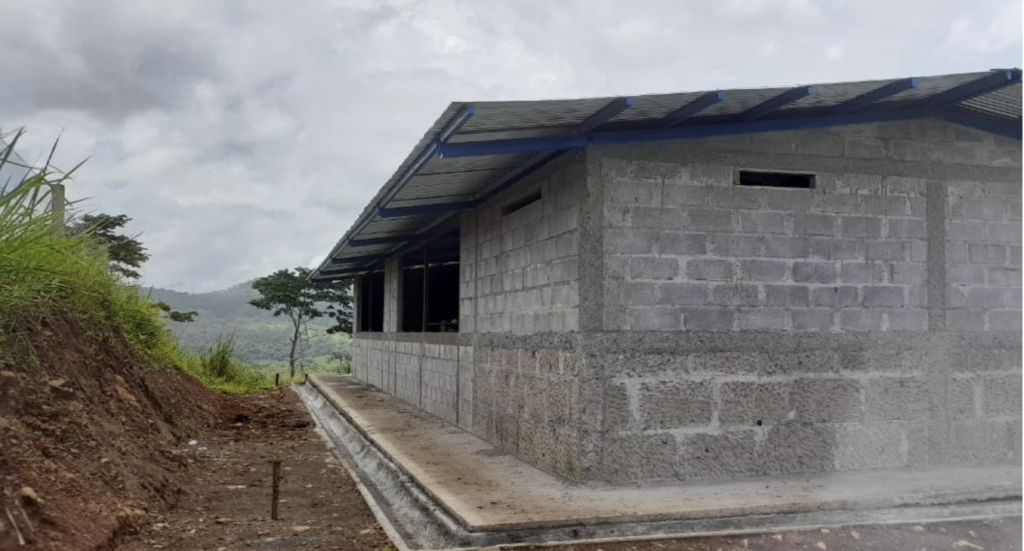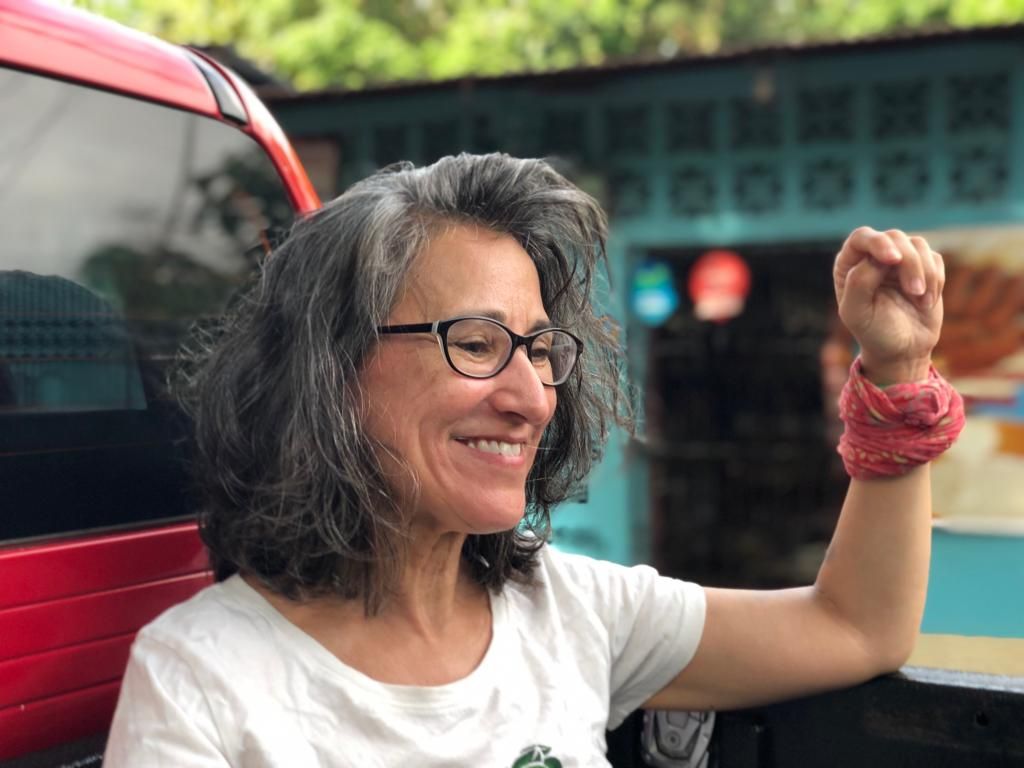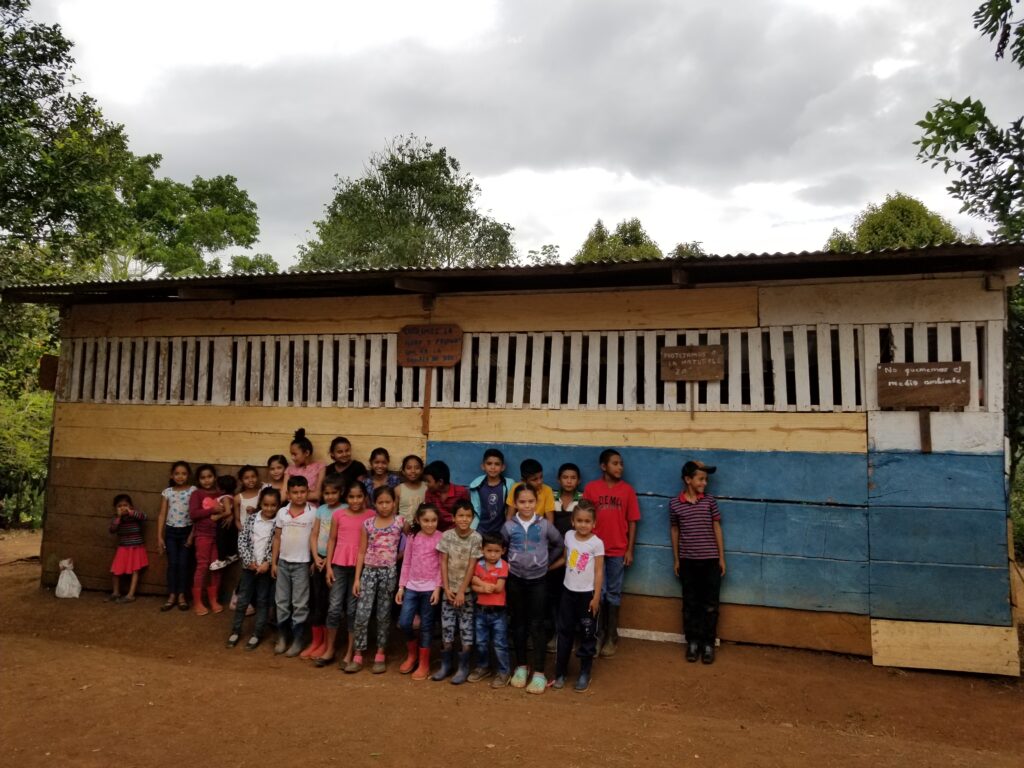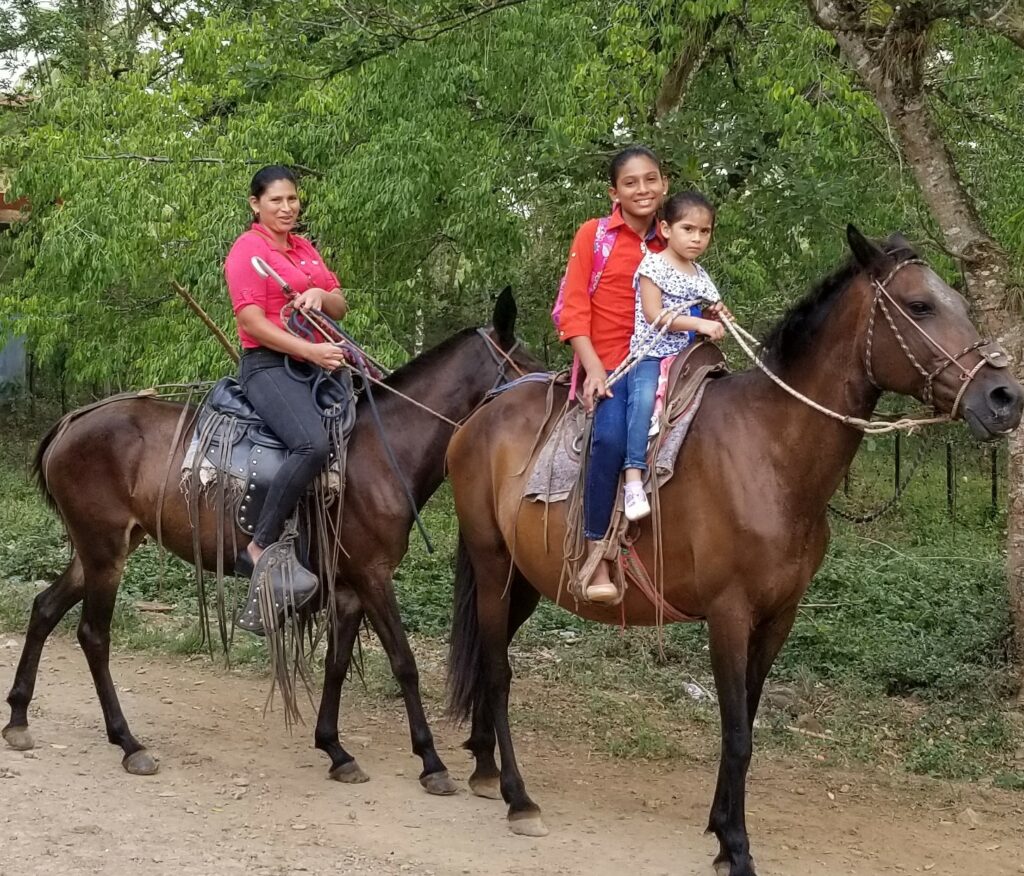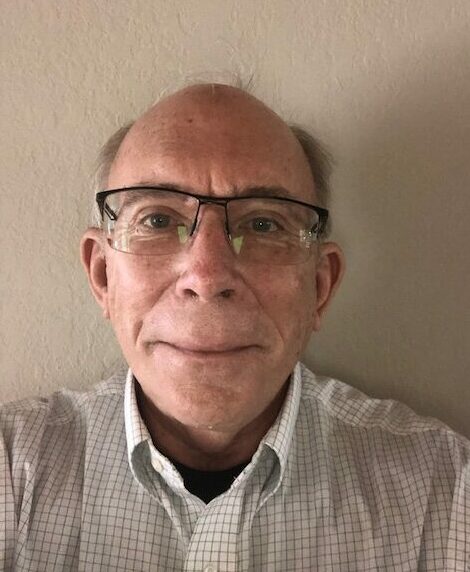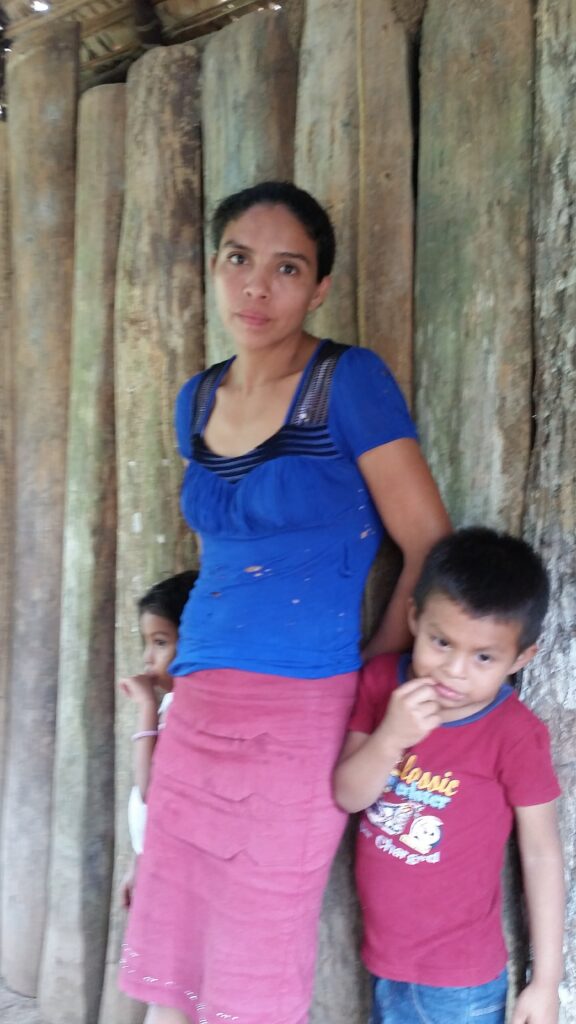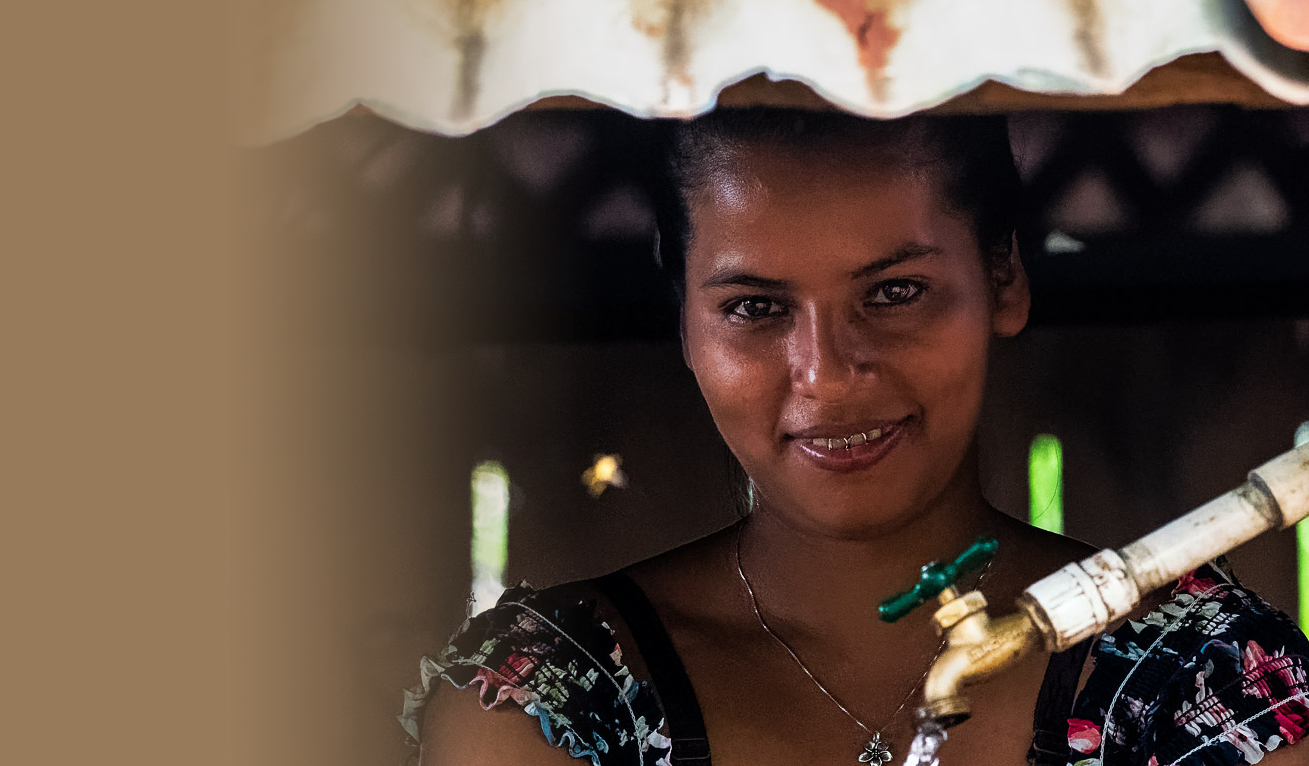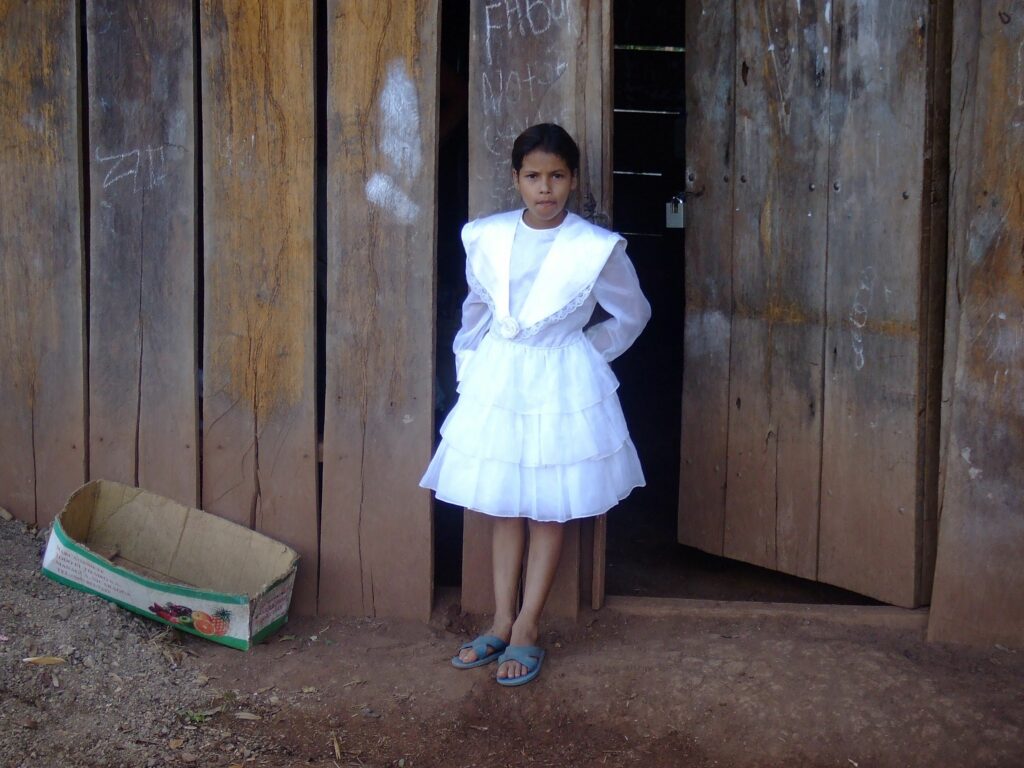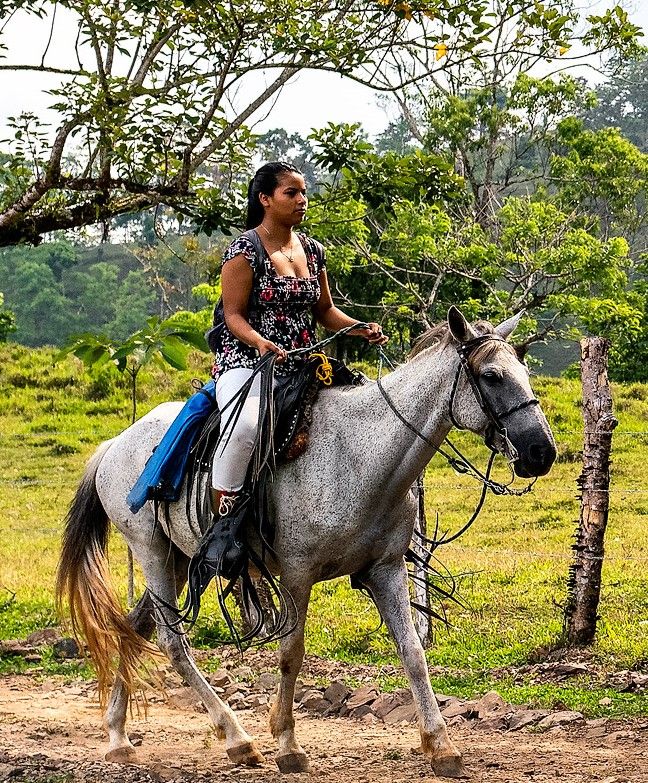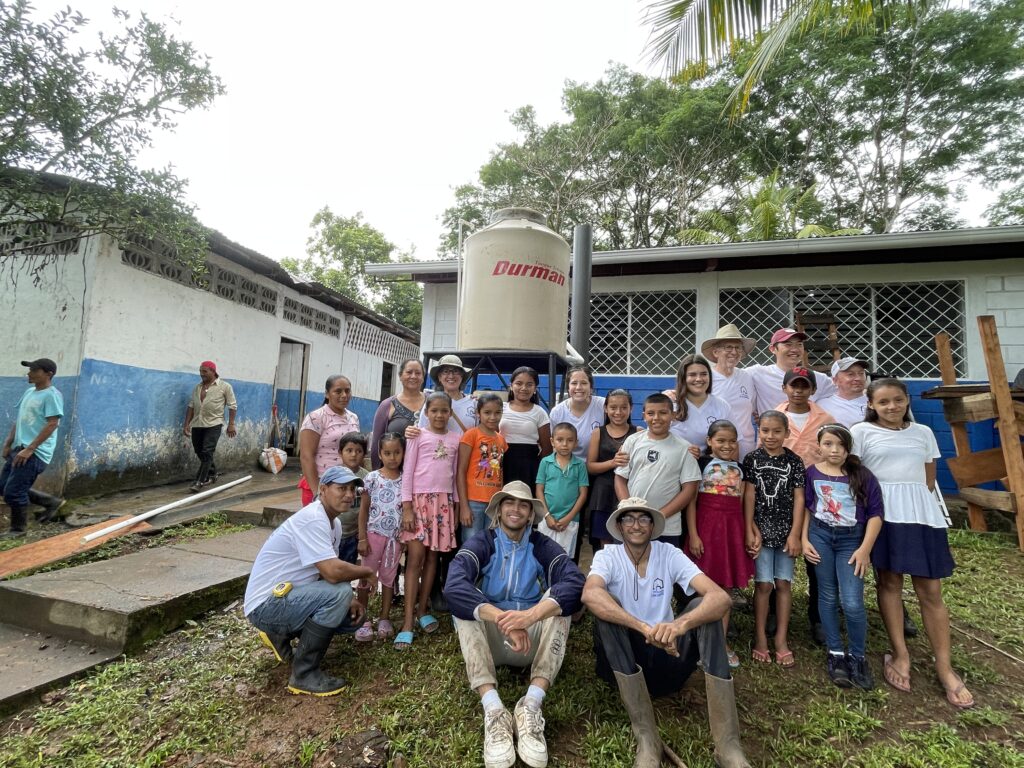
It was a pleasure to travel to Nicaragua in June 2022 with a multi-disciplinary student group from the UT- Austin Texas Enactus team. In partnership with Localized Water Solutions and Project Schoolhouse, the students worked for months to build a prototype of a remotely-monitored rainwater catch system on the UT-Austin campus. On this June trip, they collaborated with the Project Schoolhouse head builder in Nicaragua to modify the design for locally available materials and installed a similar system at the school in the community of San Isidro, Nicaragua. This rainwater system will give Project Schoolhouse a tool to bring clean water to schools and homes faster and more economically as we raise the funds needed for full topography studies and the fully distributed water systems that are the longer-term solution we have historically installed.
I had the opportunity to chat with two senior Texas Enactus students about the trip that both agreed was the experience of a lifetime.
Matt Zhang, the lead engineer for the UT Texas Enactus team, described his experience as amazing. Though the Texas Enactus students worked for months prior to the trip to build a prototype on the UT-Austin Campus, building it in Nicaragua was much different. For the in-country prototype, the students had to work alongside the Project Schoolhouse head builder, Manuel, to adapt the system to work in Nicaragua. They measured and studied the components that would need to be adapted in an area where there’s very limited electricity and resources.
Matt describes working with Manuel as a great experience, constantly amazed at his ingenuity. He wishes he spoke the language so he could talk to Manuel on a deeper level, but the language barrier prevented it. Matt recalls that if they had a problem Manuel could work it through and adapt it and he was so impressed by Manuel’s ingenuity.
It was nice to have someone with so much knowledge if I had a problem. He could make it happen and make it work.”
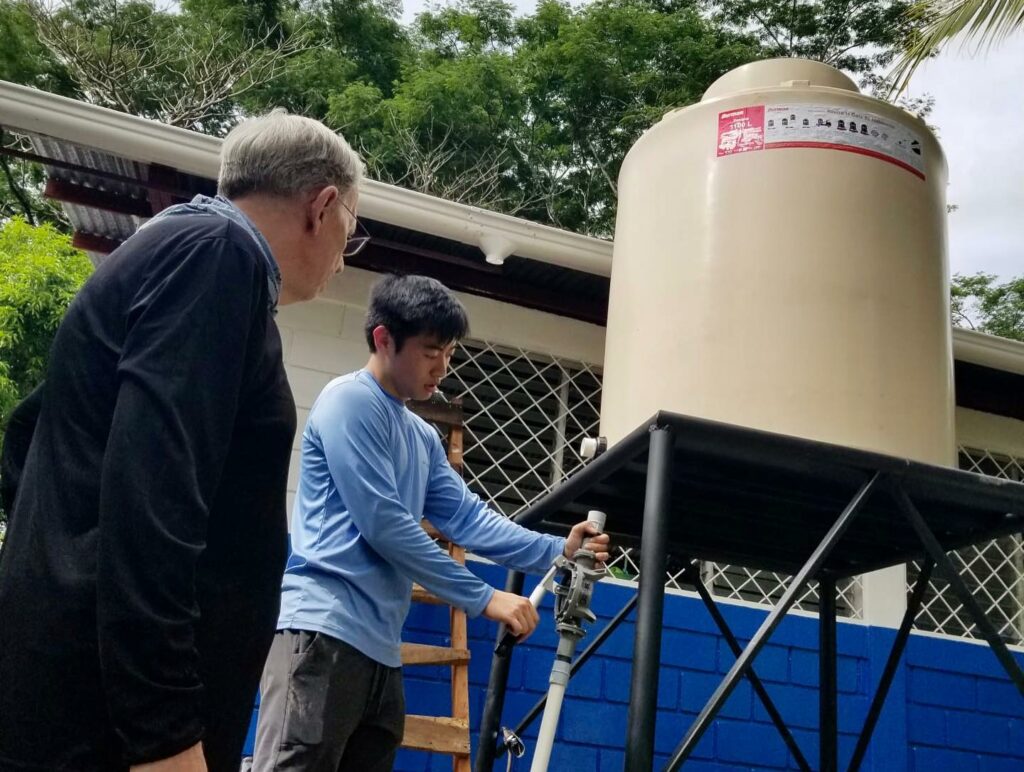
I asked Matt about living in a community with no access to clean water even for a short few days. Matt says that it was like nothing that he had ever experienced. “It’s very in your face. There was no access to clean water. It breaks my heart that the world keeps moving on and communities keep trying to catch up. I think that’s why the projects are so important. They go fetch water before the projects come in and don’t get a lot of education. Life is the same from generation to generation.”
When I asked Matt to describe the community, he responded with admiration. The community came together and helped with meals and to take care of the UT students. “There were rotations for some of the women in the community. They would come in early in the morning to start cooking for us; the men hauled clean water from a nearby community so we wouldn’t get sick, and helped with pouring concrete and other parts of the rainwater installation. The amount of work they do, everyone is working all day. They pushed us to keep going.”
Later, I spoke to Abigail Mihalic, Project Manager for the UT Austin Texas Enactus team. She also described the experience as amazing. Abigail noted that while the UT students spent time building a prototype on campus in Austin, nothing could have prepared them for what it would be like to build it on site.

“We didn’t know a ton going in. We built a prototype on campus and thought it would work perfectly and that was not how it went in Nicaragua. It did turn out for the better. We changed the design from 4 small to 2 large barrels. We redesigned on the fly and spent three hours at the hardware store to substitute for locally available parts. We went back to the hardware store to figure out more parts. There were lots of bumps but the building process was great. It was very rewarding. We would wake up with the sunrise and get right to work. Manuel and the community members were amazing. They were welding and gluing PVC. We were in charge of sifting the sand used for filtration – it was hard work but it was so rewarding. We owe a ton to Manuel and Jairo (Project Schoolhouse team). They were really amazing and helpful and it was just great.”
For Abigail, it was really eye-opening to experience living with limited access to water. She described that even though they were only there for ten days and they had help fetching water, the families that live there go every day to drink from the watering hole. It solidified how important Project Schoolhouse’s mission is and how the rainwater system can be a fast solution to implement.
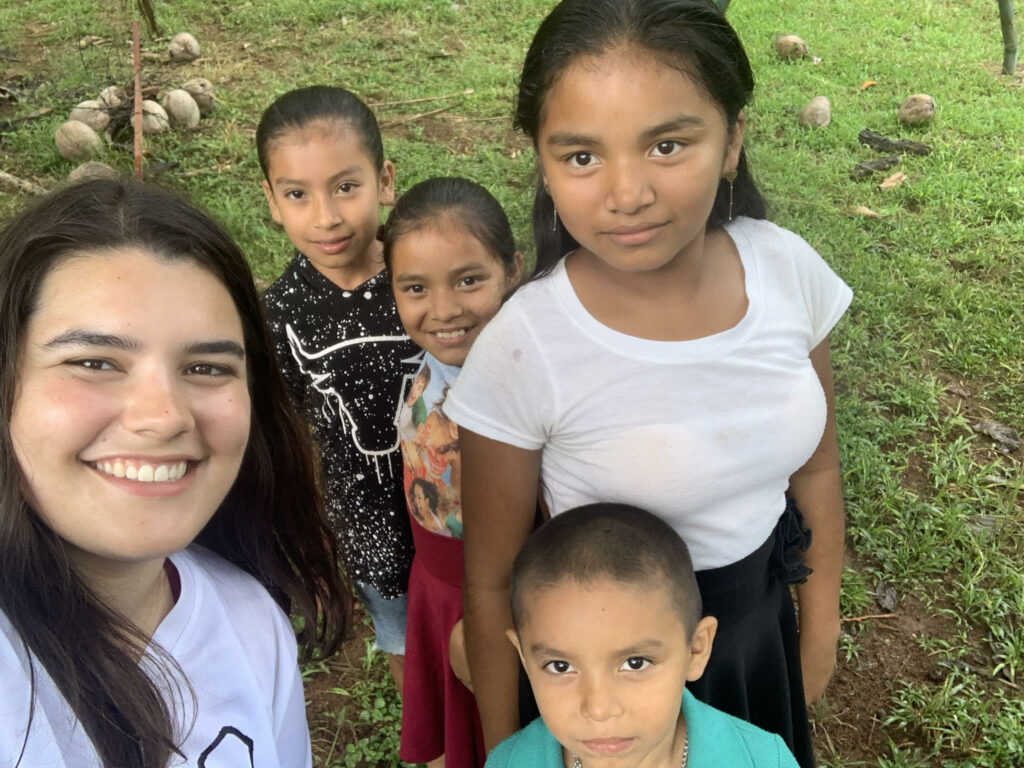
Her favorite moments were: the first day when they had some down time because we got to talk and play every day with the students and the community members, and the food, “The soups were heavenly.”
When I asked if there was something to tell our supporters:
“It was a great, crazy experience – sleeping with the bats that were flying over us at night; meeting everyone in the community, and joking around with everyone. Work over the year in preparation was abstract, but being in the community and seeing what the situation was, the lack of access to water, and how the rainwater system could be a sustainable solution that could be spread to multiple communities quickly, was so rewarding. Hopefully, we can keep working on this project. I am grateful to Selina, Tab, and the Project Schoolhouse team; and the UT Austin Enactus team was there for us and made it happen; So grateful we made it happen and so blessed for the help.”
Both Matt and Abigail have graduated from UT Austin but when I asked what was next, both shared their enthusiasm to keep refining the rainwater system as a priority. Matt mentioned that probably all of his friends and family were sick of him retelling his stories from his time in Nicaragua. They recalled how special the last day in the community was. They were finishing the water system. The children and the teacher of the community of San Isidro made posters showing their gratitude. “The work came to fruition, it started raining.”
Current Water Source in San Isidro
